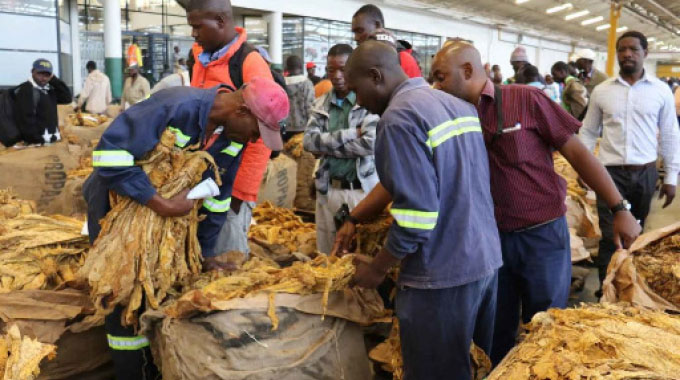War on food insecurity intensifies, 450K sweet potato vines distributed

Edgar Vhera
Agriculture Specialist Writer
THE Government’s drive to promote food and nutrition security continues to gain traction with 450 000 virus free sweet potato vines having been distributed in all the country’s provinces under the Presidential Sweet Potato Vine programme.
This was disclosed by Agricultural and Rural Development Advisory Services chief director Professor Obert Jiri yesterday in an update on sweet potato production.
“Tobacco Research Board (TRB), Low Veld Research Institute (LVRI), Coffee Research Institute (CRI) and Horticulture Research Institute (HRI) have churned out a combined total of 450 000 plants to date. All the vines were collected from the propagation centres and distributed to farmers with each household receiving 50 vines,” said Prof Jiri.
Commenting on the distributed vines ARDAS principal horticulture specialist Mrs Hilda Manditsvara said the plants were virus free and elite (high yielding) and had been distributed to all the country’s provinces.
“From the distributed 50 vines, we are expecting them to have a multiplier effect within communities to act as nurseries from which other members in the farming communities can get their input. Coupled with good agricultural practices (GAP) we expect that these plants will have a great impact on sweet potato productivity,” said Mrs Manditsvara.
The distributed vine package also contains some biofortified lines, which are rich in vitamins and iron and are very nutritious.
“Among the basket of biofortified orange fleshed vines that are high in vitamins A are Beauregard, Alish and Belvia. There are also other varieties like German II, Alisha and Chingovha. We are in the process of churning out more vines,” added Mrs Manditsvara.
Mrs Manditsvara said farmers practicing rain-fed agriculture have up to end of February to plant the crop while those with irrigation can continue to plant even in winter if there are no frost challenges. The programme’s target is 19 million vines. The plants will continue to be issued throughout the year with dispatched vines being multiplicated in irrigation schemes and other areas with water during the dry season, continued Mrs Manditsvara.
The distribution of the sweet potato plants follows Government’s push to move citizens from overreliance on wheat bread and embrace other nutritional options. This is one of the ways of operationalising the Horticulture Recovery and Growth Plan (HRGP), that seeks to stimulate a transformative rural horticulture sub-sector under the Presidential Horticulture Scheme.
The drilling of boreholes under the Presidential exercise, which is currently on-going in the whole country will catapult sweet potato crop cultivation. Drilling of boreholes in each village will make it possible for nutrition community gardens to be established and this will go a long way in allowing farmers to embark on year-round sweet potato production cycle.
The country requires about 318 080 tonnes of sweet potato annually. Sweet potatoes are generally an easy to farm crop requiring limited inputs, capital intensity and applicable on small tracts of land. Crop yields of up to 30 tonnes per hectare are possible.








Comments